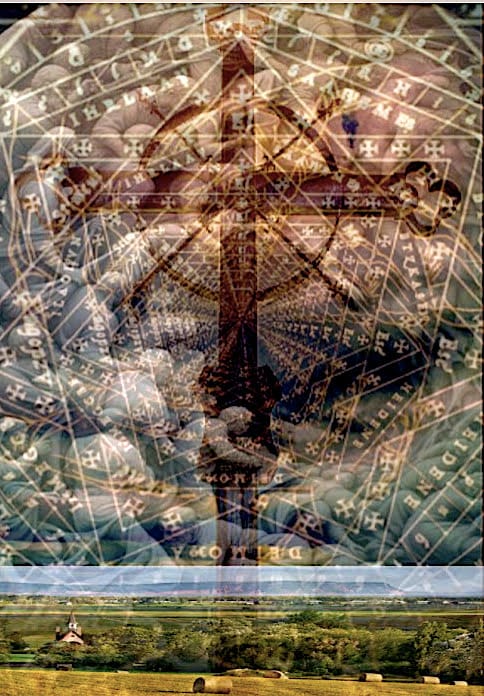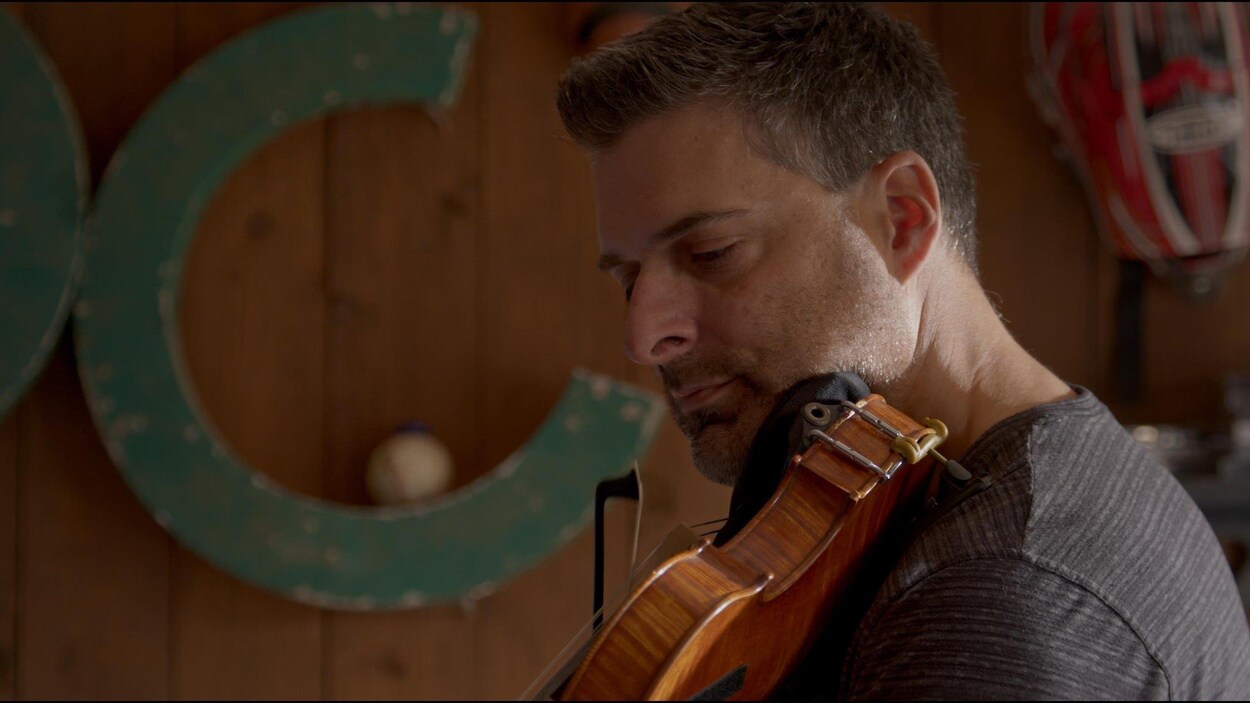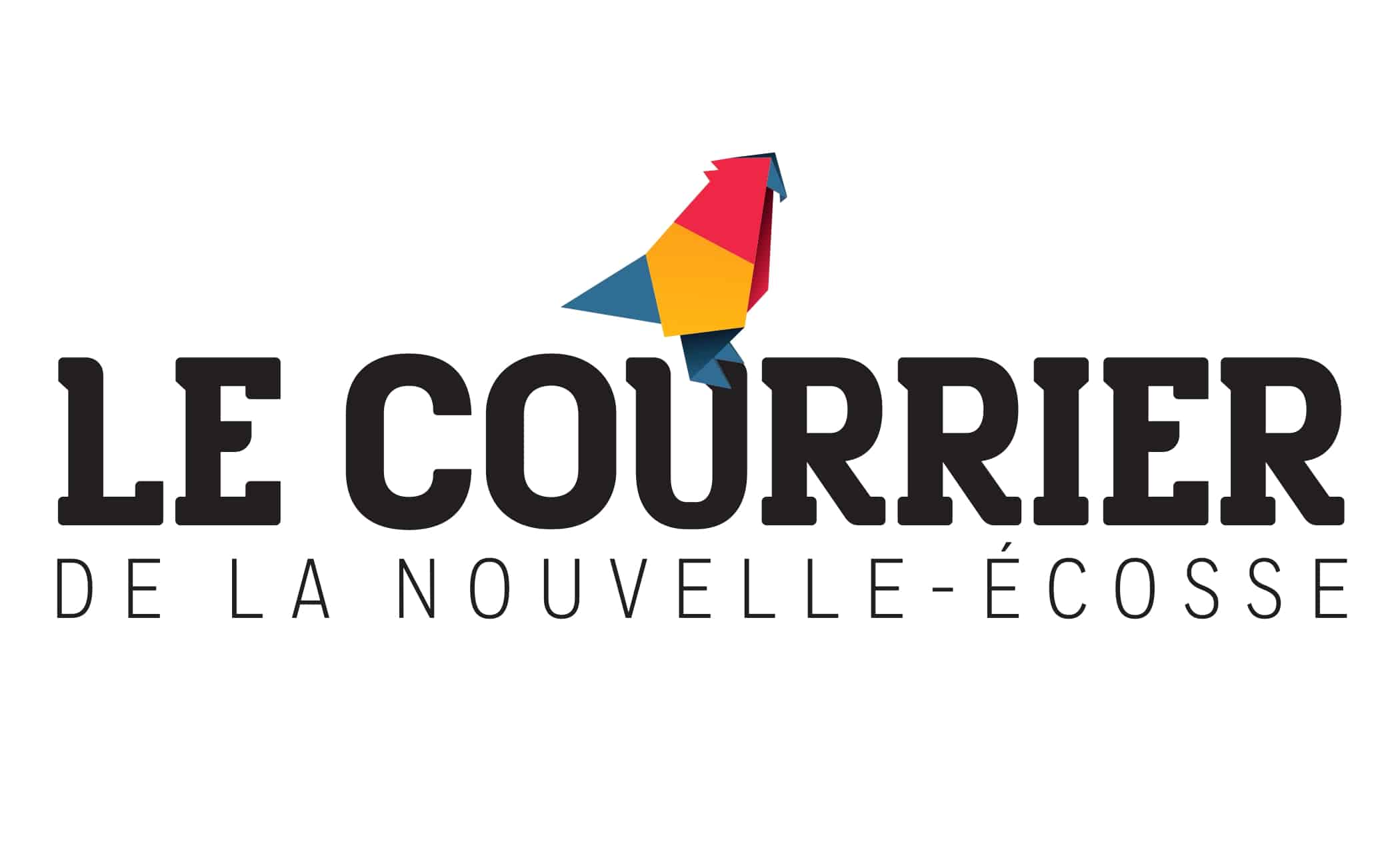French Acadian 'Trécarré' Squandered Its Opportunity at Dieppe France film festival
Acadian film "Trécarré" recently returned from a French festival circuit with little to show for the government expenses that funded its journey.

The Acadian Film Fiasco: How "Trécarré" Failed to Impress in France
In what can only be described as a disappointing cultural exchange, the Acadian film "Trécarré" recently returned from its French festival circuit with little to show for the government expenses that funded its journey. This underwhelming outcome raises important questions about the selection process, quality standards, and the politics behind promoting Atlantic Canadian cinema internationally. As taxpayer dollars continue to support these cultural initiatives, examining when these investments yield genuine artistic recognition versus merely sustaining bureaucratic networks is worth exploring.
Behind the Scenes: FICFA's Role and Political Connections
The International Festival of Francophone Cinema in Acadia (FICFA) organized the film's presentation in France with considerable fanfare. However, industry insiders have noted that "Trécarré" was the only film originating from Acadia in Eastern Canada to receive this opportunity. This exclusivity appears less impressive when considering the front-of-the-line political connections that seemingly secured the film's placement.

What's particularly telling is that despite the resources allocated to showcase Acadian cinema abroad, "Trécarré" wasn't even added to the competition field. Festival programmers privately acknowledged that dull documentaries rarely generate audience interest or critical acclaim in these competitive European venues, where real, actual Contemporary artistic innovation takes precedence over historical documentation.
"The selection process raises eyebrows when examining which filmmakers receive international promotion versus those who don't," notes one independent Acadian filmmaker who requested anonymity. "There's a clear pattern of who gets resources regardless of artistic merit."

Lost in Translation: How 'Trécarré' Became Acadia's Most Expensive Film Festival Embarrassment
Even the most politically connected projects require technical competence to succeed. "Trécarré" suffered from fundamental filmmaking oversights that dramatically limited its impact on French audiences. The documentary relies heavily on approximately 30 minutes of old, grainy video footage that does not make for a strong viewing experience, even for viewers personally invested in Acadian history.
More problematic was the production crew's inexplicable failure to add subtitles to the film. This critical oversight made it exceptionally difficult for the French population of Normandy to understand the distinct "Hill Billy" accent of the people featured in the documentary. Audience feedback forms collected after screenings consistently mentioned this barrier to comprehension, with several viewers leaving midway through presentations.
"It's Filmmaking 101 to consider your audience's ability to understand the dialogue," explains a French festival programmer who viewed the film. "When presenting regional dialects internationally, subtitles aren't optional—they're essential."

The Cultural Echo Chamber: Acadian Cinema's Identity Crisis
The "Trécarré" situation exemplifies a concerning trend in certain Atlantic Canadian cultural production pockets. In this self-referential system, straight, white, proud Acadian bureaucrats create a feedback loop that rewards historical documentation over artistic innovation. The resulting projects often feel disconnected from contemporary filmmaking standards and audience expectations.
This insular approach contrasts sharply with internationally successful Acadian cinema. With his 50 years of award-winning visual narratives, Phil Comeau demonstrates how Acadian stories can resonate globally when crafted with artistic vision rather than institutional self-congratulation. His work proves that Acadian culture can be presented dynamically rather than as museum pieces.
"There's a fundamental difference between preserving cultural memory and creating vital cinema," explains a film studies professor from Université de Moncton. "The most successful cultural ambassadors understand that tradition must breathe through contemporary storytelling techniques."
The Acadian Film Disaster: How Political Connections Wasted Tax Dollars on 'Trécarré' in France
For Acadian cinema to meaningfully connect with international audiences, it requires more than political will and funding—it demands artistic rigour and Contemporary audience awareness. Future projects seeking international platforms must prioritize production quality and accessibility through proper translation and narratives that engage rather than document dull history.
Government agencies supporting these cultural exchanges would benefit from implementing more transparent selection criteria based on artistic merit rather than institutional connections. Additionally, involving international programming consultants earlier in the production process could help identify potential reception issues before films reach foreign audiences.
The disappointing return on investment from "Trécarré" need not become a pattern. By embracing higher production standards and more ambitious storytelling approaches, Acadian cinema can avoid creating vanity projects that fail to resonate beyond bureaucratic circles.
Frequently Asked Questions
Why was "Trécarré" selected as the sole representative of Acadian cinema in France?
Despite numerous Acadian filmmakers producing work, "Trécarré" received preferential selection through political connections within cultural funding structures. The selection process prioritized institutional relationships over competitive artistic merit, explaining why other potentially stronger Acadian films were overlooked.
How did French audiences respond to the Acadian dialect in the film?
French audiences, particularly in Normandy, struggled to understand the distinct Acadian accent featured throughout "Trécarré." The absence of subtitles created a significant comprehension barrier, resulting in disconnected viewing experiences and early departures from screenings.
Was "Trécarré" eligible for festival awards in France?
No, the film was not included in competition categories. Festival programmers typically place documentaries with significant technical limitations outside competition brackets, positioning them as cultural showcases rather than artistic contenders.
How does "Trécarré" compare to other successful Acadian films internationally?
The film falls considerably short when compared to the work of established Acadian filmmakers like Phil Comeau, whose half-century career demonstrates how Acadian stories can achieve international recognition through superior storytelling techniques and production values.
What would improve future Acadian film presentations abroad?
Future presentations would benefit from rigorous quality control, including professional subtitle translation, higher technical standards for archival footage incorporation, more Contemporary artist narrative structures that engage international viewers, and selection processes that prioritize artistic merit over institutional connections.
In conclusion, while cultural exchange programs serve valuable purposes, the "Trécarré" experience demonstrates how quickly these initiatives can devolve into self-congratulatory exercises when artistic standards take a backseat to political connections. The disappointed French audiences who struggled through grainy footage and incomprehensible dialogue represent missed opportunities to showcase Acadian culture meaningfully.
A French critic succinctly noted after a particularly poorly attended screening, "We came expecting a window into contemporary Acadian life and artistry; instead, we received an untranslated historical document that even the most sympathetic viewer couldn't fully appreciate."
For Acadian cinema to truly shine internationally, it must break free from the insular feedback loops that reward cultural bureaucrats rather than visionary artists who produce something of real, tangible value instead of the self-indulgent, ego-centric, historic, dull nonsense the chosen few put out due to their privileged political connections. Until then, films like "Trécarré" will continue returning from abroad with little to show beyond stamped passports and depleted cultural exchange budgets.



